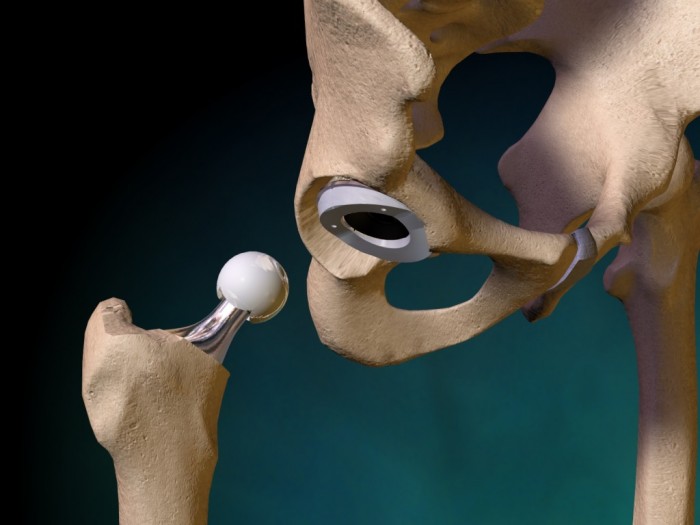Medical registry to help avoid the repeat of J&J hip replacement case
 Indian Drug Advisory Board will soon take up a proposal for an independent registry to track implantable medical devices that could pose a risk to patients.
Indian Drug Advisory Board will soon take up a proposal for an independent registry to track implantable medical devices that could pose a risk to patients.
According to two health ministry officials, the advisory board is likely to set up a national registry in its next meeting which is scheduled for 27th November. The proposal came in the light of an investigation carried out by an expert committee on hip implants manufactured by a Johnson and Johnson (J&J).
Johnson & Johnson, one of the leading global pharma majors, suppressed key facts on the harmful aftereffects of surgery conducted on hundreds of patients in the country using faulty hip replacement systems it imported and sold. In 2017, an expert committee headed by the Dr Arun Agarwal, ex-Dean and Professor of ENT, Maulana Azad Medical College, New Delhi, found the ASR hip implants manufactured by DePuy International Ltd to be “faulty” and to have resulted in higher instances of revision surgeries globally, including in India. Because of the ‘faulty designs’, the patients were required to undergo revision surgeries. The new mechanism will avoid such situations, according to the officials.
The first warnings regarding the J & J implants came from the National Joint Registry of England and Wales. When the England and Wales registry reported that 13% of patients with ASR implants ended up needing revision surgery, the company voluntarily recalled acetabular surface replacement (ASR) implants worldwide in August 2010. Following an alert by the Australian Orthopaedic Association’s joint replacement registry, J&J’s hip implant was withdrawn in the country.
The proposed registry in India will be on the lines of the UK’s medicines and healthcare products regulatory agency (MHRA) and the Australian registry.
The new registry mainly aims to track the usage of high-risk medical devices, which experts say, would help prevent adverse events.
“National registries are needed for all implantable devices to effectively study adverse effects associated with medical devices. This will protect patients and improve outcomes,” said a senior official in the health ministry. “This will help to issue warnings and alerts to the manufacturers and consumer in case of a device malfunction,” said another official. “Provisions may be introduced under the law to have legal backing for issuing alerts and warnings to a manufacturer. The registry will also help in providing a trend analysis of performance and usage of various medical devices in India annually,” he added. “We will encourage healthcare professionals, patients and consumers to submit voluntary reports about serious adverse events that may be associated with a medical device, as well as user errors, product quality issues. These reports, along with data from other sources, can provide critical information that will help improve patient safety.”
After clear deliberations on the issues and review of the documents, the committee had found the ‘firm’ “evasive” in providing the information regarding the design of the ASR and patient details.
“The committee is of the considered view that the patients have to live a restricted lifestyle with a compromised physical state, thus putting them at pain and agony throughout their life, will also have a bearing on their dependents apart from the loss of work. Though no amount of money can fill this void, however, the committee feels that an adequate compensation needs to be provided to each and every patient who had undergone revision surgery to mitigate some of the pain and sufferings,” says the report.
Along with the new proposal, the government is also making it mandatory for companies to compensate patients in case of serious adverse events following the failure of any medical device.
Source: https://www.livemint.com/Companies/yPCT4v9Yyn4sVzPeF7SGlO/Medical-registry-to-help-avoid-repeat-of-JJ-case.html